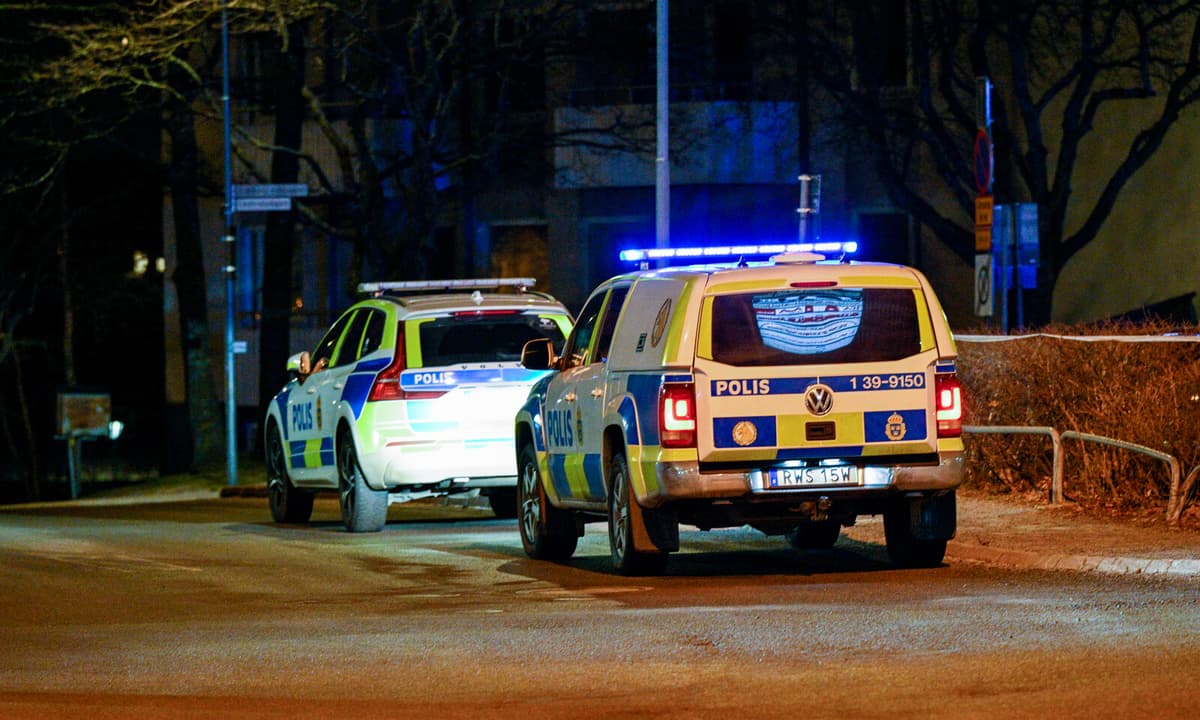Today, the police are not allowed to use secret coercive measures against children under 15 years old. But as increasingly younger children are being recruited by criminal gangs, this has become a problem, as the police, for example, are not allowed to access minors' phones.
The government's investigator has therefore proposed that the police should be allowed to use, among other things, secret wiretapping, secret camera surveillance, and secret data retrieval against children under 15 years old in cases where there is suspicion of crimes with a minimum sentence of four years' imprisonment, or certain terrorist offenses.
However, setting the limit at four years' imprisonment means that other serious crimes committed by children today are being missed, according to the Prosecution Authority and the police.
"Lives are being saved"
In their response, they write that crimes such as arson, aggravated extortion, and serious drug trafficking, where the minimum sentence is two years, must also be included. When it comes to intercepting communication between individuals, no distinction should be made between children and adults, according to National Police Commissioner Petra Lundh.
The police also want to go further in terms of the possibility of using secret coercive measures against children under 15 years old for preventive purposes, before a crime has been committed.
The investigation proposes that such coercive measures should only be allowed in cases of terrorist offenses or where the minimum sentence is five years' imprisonment or more. This is far too restrictive, according to the police.
Preventive wiretapping must also be allowed against children under 15, according to the police.
"By mapping out criminality, violent acts can be prevented, lives are being saved, and children can be prevented from growing up with human lives on their consciences," says Petra Lundh in a press release.
Warning of tougher measures
According to the investigator, all the proposals are within the framework of the Convention on the Rights of the Child and human rights. Even Save the Children think that many of the directives and proposals are compatible with children's rights.
The Institute for Human Rights, however, questions whether some of the proposals are compatible with human rights. They view with concern a policy that focuses on "tougher measures".
"When children are more or less treated as adult offenders, research shows a clear risk that they will be reinforced in their criminal identity, which in turn increases the risk of reoffending and makes it more difficult for them to reintegrate into society," they write in their response.
The investigator proposes:
Secret coercive measures should be allowed against children under 15 years old in certain cases. The crime should have a minimum sentence of four years' imprisonment.
Preventive wiretapping should be allowed by the Security Service against children under 15 years old, in cases of crimes with a minimum sentence of five years' imprisonment.
The possibility of using house searches and body searches against children under 15 years old should be expanded by abolishing the requirement for special reasons.
Biometric data, such as DNA samples, fingerprints, and facial images, should be allowed to be taken from children to be entered into the police's biometric register. Video, voice samples, and handwriting samples should be allowed to be taken within the framework of criminal investigations.
The time limit for how long a child can be detained is increased from three to five months.






